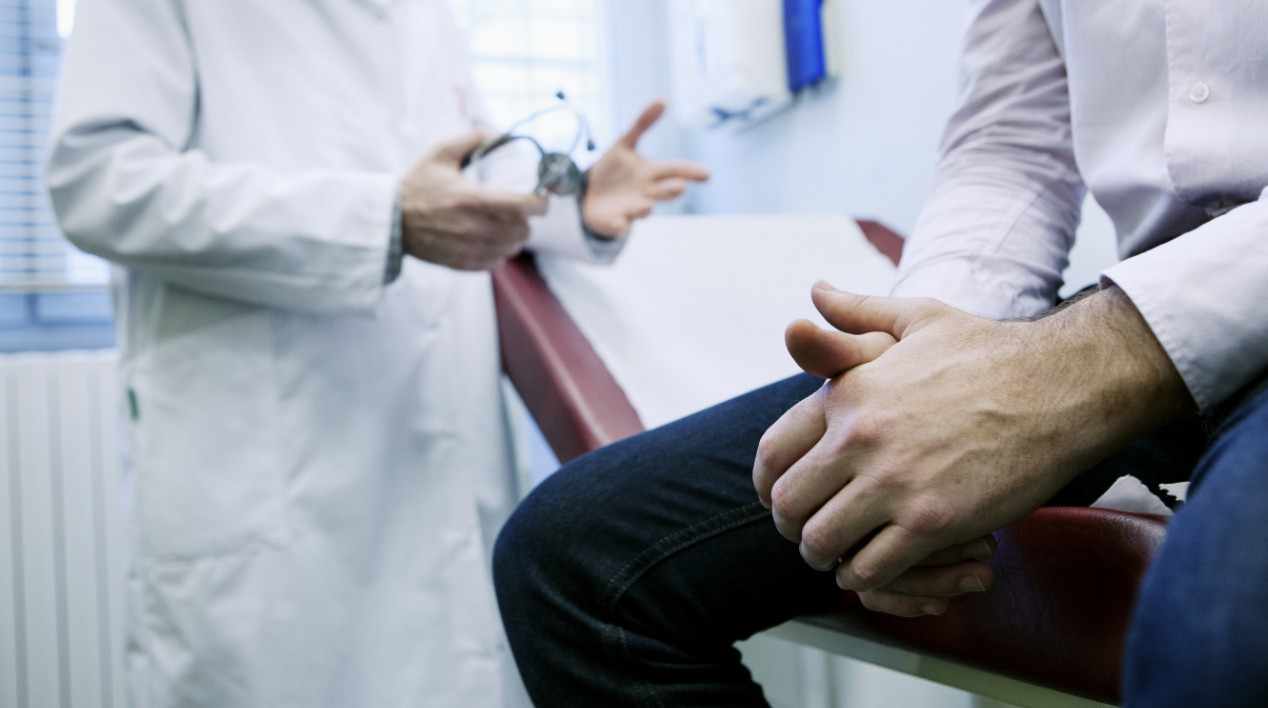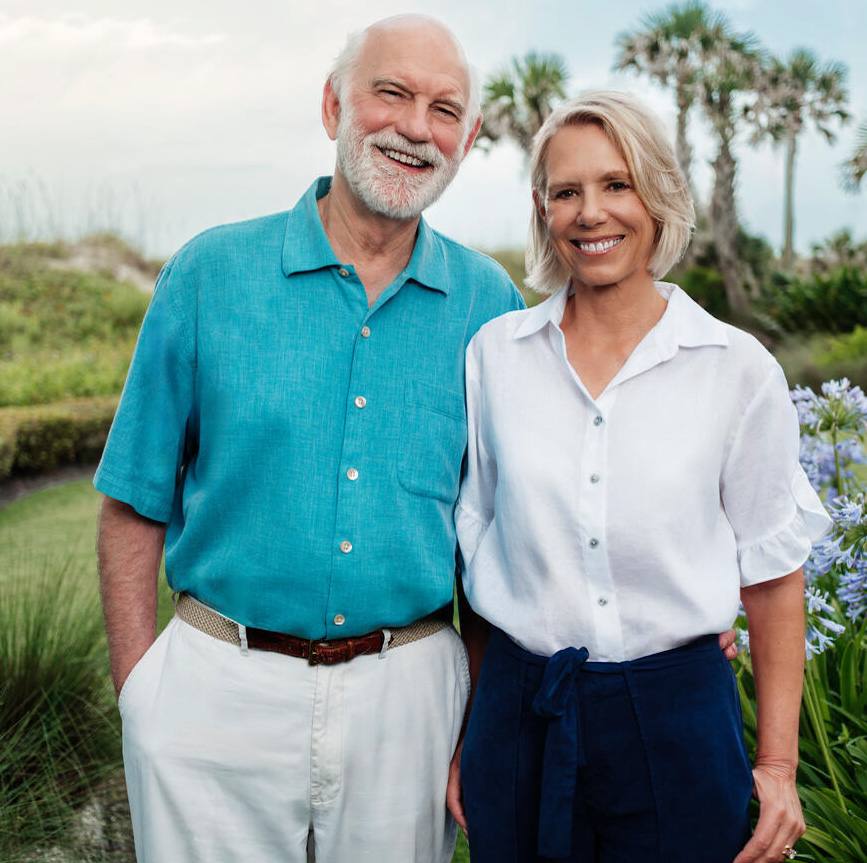 The Food and Drug Administration approval of 9-valent HPV, an HPV vaccine, to include people ages 27–45 is a “game-changer in the strategy to protect the health of Americans," says Dr. Gregory Poland, director of the Mayo Clinic Vaccine Research Group. The HPV vaccine protects against sexually transmitted infections that can cause cancer and genital warts.
The Food and Drug Administration approval of 9-valent HPV, an HPV vaccine, to include people ages 27–45 is a “game-changer in the strategy to protect the health of Americans," says Dr. Gregory Poland, director of the Mayo Clinic Vaccine Research Group. The HPV vaccine protects against sexually transmitted infections that can cause cancer and genital warts.
An estimated 79 million Americans are infected with HPV and 14 million are expected to become infected each year. "The vast majority of sexually active people will be infected with HPV in their lifetime," says Dr. Poland. "Most of them will resolve that infection, but many will not. They will be left with incurable genital warts or, later in life, may develop a whole variety of cancers as a result of that viral infection. This vaccine prevents about 90 percent of those cancers.”
Watch: Dr. Gregory Poland explains the importance of the HPV vaccine.
Journalists: Broadcast-quality sound bites are in the downloads at the end of the post. Please ‘Courtesy: Mayo Clinic News Network.’
Dr. Poland recommends all sexually active adults be vaccinated. "There is no reason that anybody who is or will become sexually active should not get this vaccine. This is a vaccine against sexually transmitted cancer. That’s its importance," says Dr. Poland.
"The risk of getting HPV infection, if you are truly in a married, monogamous relationship, is very low, and I wouldn’t probably routinely recommend vaccine in a situation like that. But for people that are not married — people that are not in a dedicated, monogamous, committed relationship — they have a very high risk, and I would absolutely administer the vaccine under those conditions," says Dr. Poland.
HPV is spread through vaginal, anal or oral sex with someone who has the infection. HPV infection can cause genital warts, along with cancer of the anus, cervix, penis, vagina, vulva, as well as cancer in the back of the throat, including the base of the tongue and tonsils.
There are several ways to prevent acquiring the infection: Get vaccinated, get screened, use condoms if sexually active, or if sexually active, be in a monogamous relationship.
The HPV vaccine guidelines from the Centers for Disease Control and Prevention (CDC) recommend that all children ages 11–12 should receive two doses of the vaccine at least six months apart. Also, the vaccine is recommended up to age 26. The new guidelines extend that up to age 45 years. The CDC says it's ideal to vaccinate preteens long before they are exposed to the virus.







